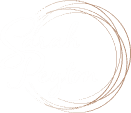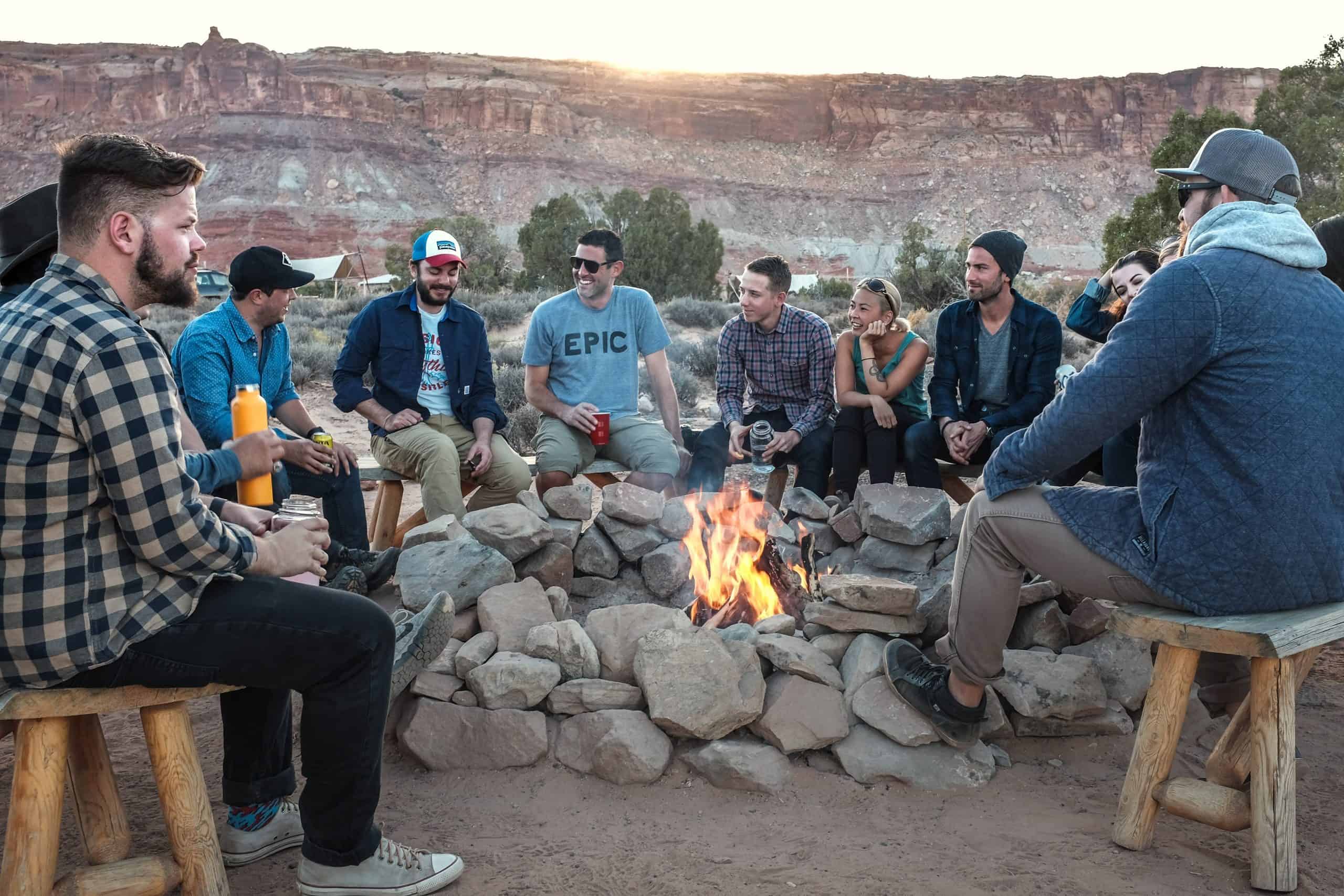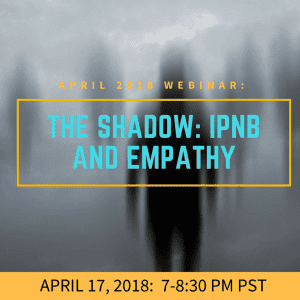Power and Privilege: The Neurobiology of Status and Group Dynamics
$19.99
Did you know that feeling left out actually stimulates the very same parts of our brain that physical pain does, like when we burn our hand on a hot stove? Join Sarah Peyton in an exploration of the relational neuroscience of mattering, belonging, groups, and power, and discover how we can create groups that foster mutual resonance, connection and understanding.
This product is on special 2-for-1 offer: study this material with a friend for free! (At check-out, use the “additional info” section to give us the email of a friend you’d like to give a free copy to. We will send your friend a message to get them set up with the course so you’ll both have access.)
This is primarily a learning and neuroscience content webinar, including a small number of actionable insights and healing process work. If you are seeking healing and resonance practice opportunities, please see Sarah’s upcoming courses here
Join Sarah in an exploration of the relational neuroscience of mattering, belonging, groups, and power, and discover how we can create groups that foster mutual resonance, connection and understanding.




